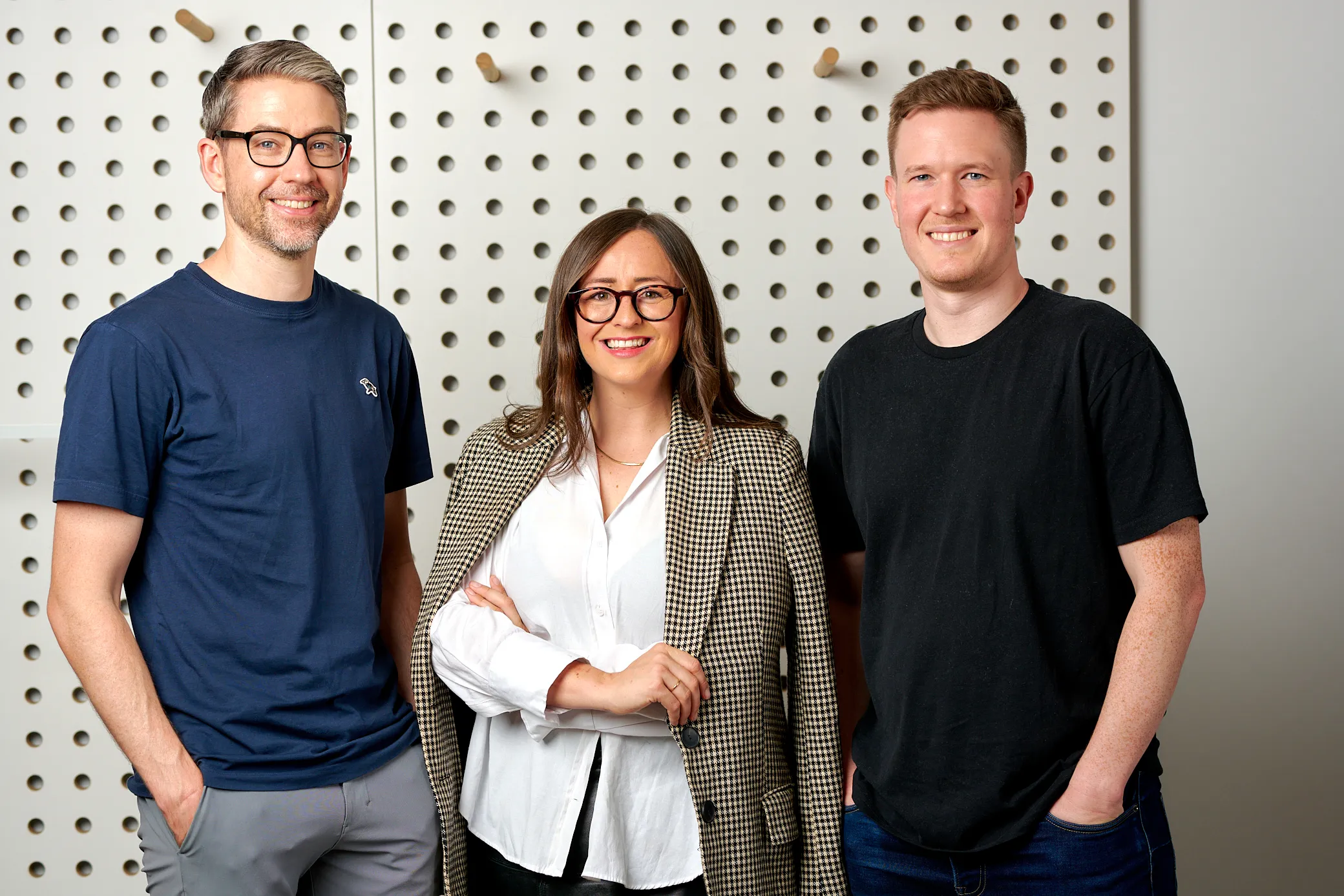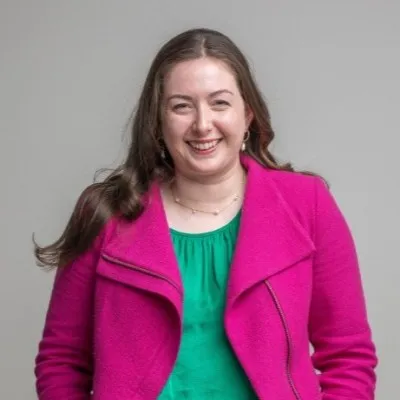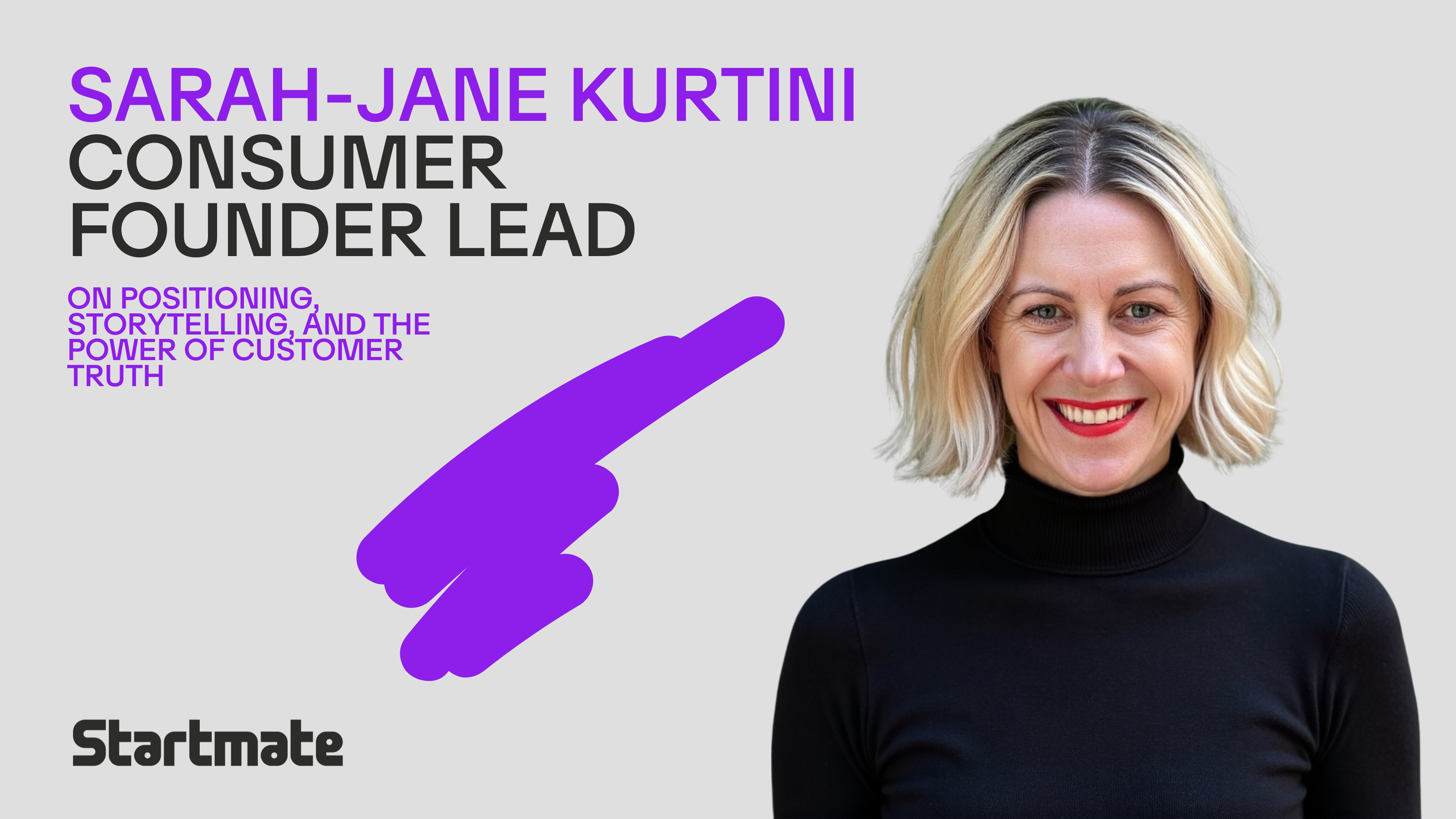As we become more aware of neurodiversity, parents are seeking diagnoses for their children earlier, and the rates of autism diagnoses are on the rise.
According to the ABS, 60% of all National Disability Insurance Scheme (NDIS) participants have autism or an intellectual disability, and it’s by far the fastest-growing segment under the scheme.
But Kite Therapy Co-Founder Rachelle Dunstan says the system is buckling under growing demand, with a chronic shortage of allied health therapists leaving many families languishing on long waiting lists and missing critical developmental windows for their kids.
“What families do in the first five years of a child's life, when their brain plasticity is really high, will change the trajectory of that child's life,” she tells me.
“But there’s a massive inequity in accessing that care based on how much capacity families have to navigate the system and their ability to pay out of pocket.”
While working with dozens of families navigating the scheme at disability support startup Hireup, Rachelle saw this firsthand, with some families facing therapy costs of $150,000 a year or more.
Families had grandparents covering the cost of their children's therapy, and many were mortgaging their houses to pay for quality care.
But she also saw just how transformative access to that quality care could be for kids and their families.
“Somebody I know had access to really amazing high-quality therapy for their child,” Rachelle says, “Over the course of six months, I watched both the parents and their son flourish. The parents felt empowered, and part of his development.”
“So I just became really obsessed with making it radically more accessible, so every family who wants to get this kind of therapy for their child, can.”
The Pub Pitch
Enter Kite Therapy, a Victorian startup with the mission to make therapy significantly more affordable for kids with autism and developmental delays, by coaching parents to implement it at home.
Co-founders Rachelle Dunstan, Gregor Whyte and Matthew Morrison first crossed paths with each other at management consulting firm BCG.
Their careers took them in different directions (and countries), and it wasn’t until a pub catchup in March 2023, when Matt was back from San Francisco, that the idea really took flight.
“Rachelle and Greg pitched me the idea and I knew I had to get involved. It’s such an important area and also one where technology hasn’t traditionally been front-and-centre,” Matt recalls.
“Several members of the founding team have grown up with family members with autism or had family members that worked in the industry, so we’re all passionate about the problem and about becoming part of the solution. So we decided to get together and work on it.”
Pretty soon, Matt was on a long-haul flight back to Australia, and the team spent the next six months researching the different options available to families in both Australia and globally, and working on the first prototype.
As part of their research, Kite found that most existing models of therapy fail to fully engage parents in the delivery of therapy, leaving them feeling disempowered or “left out” of their child’s therapy.
This is the key insight that informed Kite Therapy’s caregiver-led approach. Rather than a therapist working directly with the child, Kite empowers and supports parents to perform therapy from the comfort of their own homes, backed by evidence-based models.
“We kind of approached it like, Okay, well, what if I was a parent with less than $10,000 in funding, what's the best possible therapy that I could get access to?” Matt said.
“So we have three therapists working directly with families, and they'll do a coaching session each week, teaching parents strategies they can embed at home,” Matt explains.
“And then we have technology that helps to embed those learnings. And they can also message the therapist if they're struggling with anything throughout the week.”
“It’s all about increasing the capacity of parents. After all, parents spend the most time with their children and know them best.”
Using this model, a single hour of coaching for a parent can be translated into dozens of hours of therapy at home, as parents embed therapy into their daily routines.
“We know parents are busy, so we focus on helping parents make small adjustments to routines they’re already doing like playtime, mealtime, bath-time, and more - helping them reach their goals without a huge time investment.”
Scaling Up
By November 2023, the team were ready to formally onboard their first therapists.
Their first hire? A highly experienced therapist who is both autistic herself, and the parent of a child with autism.
“That was incredibly important for us, because we want to design and build a service that is informed by, and co-designed with the Autism community,” Rachelle adds.
The team brought on 10 families as their first Kite cohort and added a second therapist early this year. By then, all three co-founders had quit their jobs and were all in on the business.
The team hit another big milestone a couple of weeks ago, not in MRR but in an unprompted video sent through from one family in the Kite app.
“Over the last 12 weeks, this gorgeous little girl has gone from being really quiet and really kind of ‘in her own world’, to interacting, giggling and laughing with her parents and using different forms of communication and gestures. Building all these beautiful skills,” Rachelle says.
“And that is what matters to us. That's why we're doing this.”
Looking forward
A decade into the NDIS, Rachelle says the scheme is at a critical turning point.
“The NDIS is the thing that, as a country, we should be most proud of, I think it's one of the best policies we've ever had.”
“But it's also at a crisis point. And thinking about how we make services more accessible, more scalable, and more affordable for families is critical at this kind of juncture.”
“If we crack this, it will lead to significantly better long-term developmental outcomes for the tens of thousands of families that are currently sitting on a waitlist in Australia.”
“And by doing so, we contribute to a far more sustainable NDIS.”






%204.webp)
.png)
